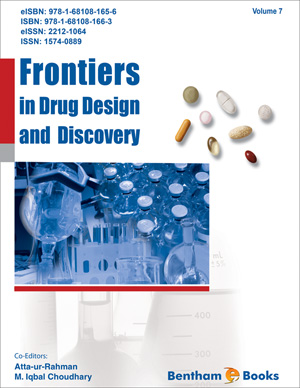Abstract
The extensive use of chemotherapy in clinical practice has led to considerable controversy due to their potential adverse cardiovascular effects in surviving cancer patients. Among the effects of chemotherapeutic agents on the cardiovascular system, the most frequent and serious is heart failure with ventricular systolic dysfunction. Other harmful effects include hypertension, thromboembolic disease, pericardial disease, arrhythmias and myocardial ischemia. Cancer therapyinduced cardiomyopathy was almost exclusively associated with the use of cumulative doses of anthracyclines. However, new therapeutic agents, such as the monoclonal antibody trastuzumab, induce transient reversible myocyte dysfunction. Recent research to limit cardiotoxicity has focused on early monitoring and risk stratification to identify patients that are ‘at risk’ for cardiotoxicity, using biochemical markers and the prophylactic use of novel cardioprotective agents. This chapter reviews the clinical course, pathogenesis, cardiac monitoring and new concepts in diagnosing and preventing chemotherapy cardiotoxicity.
Keywords: Anthracyclines, Cancer, Cardiomyopathy, Cardio-oncology, Cardiotoxicity, Chemotherapy, Monitoring, Prevention, Radiotherapy, Trastuzumab.






















